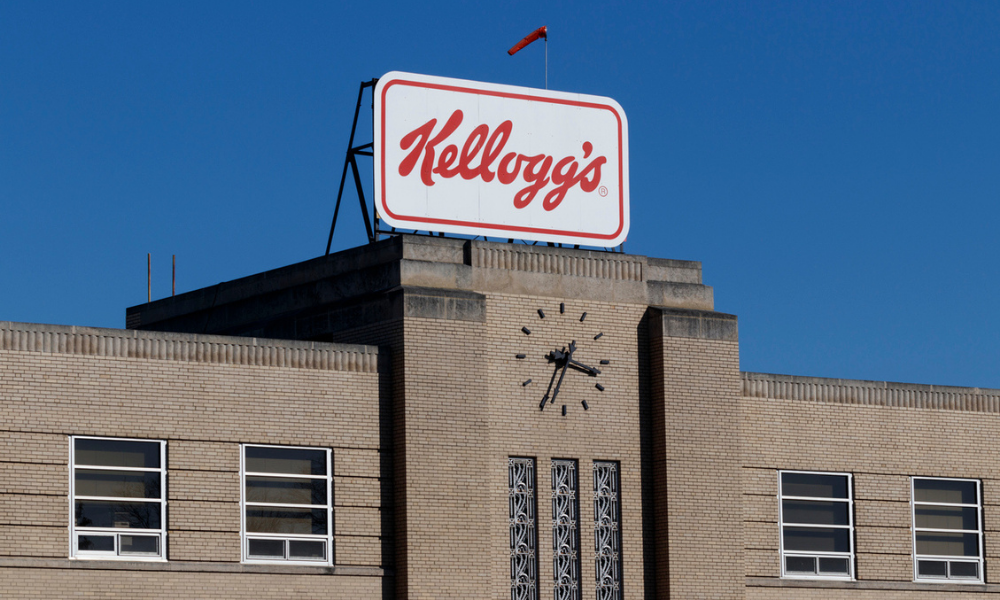
Food manufacturer previously announced it was permanently replacing all 1,400 employees on the picket line

After 11 weeks, the Kellogg’s strike has ended.
The union representing striking workers at four of the company’s cereal plants has approved a new five-year contract for the 1,400 affected workers, CNN Business reported. Earlier this month, the Battle Creek, MI-based food manufacturer announced it was permanently replacing all employees on the picket line at plants in Pennsylvania, Michigan, Nebraska and Tennessee.
Members of the Bakery, Confectionary, Tobacco Workers and Grain Millers International Union rejected a previous tentative agreement two weeks ago, but this time they ratified a deal by an undisclosed margin. They will return to work next week.
“Our striking members at Kellogg's ready-to-eat cereal production facilities courageously stood their ground and sacrificed so much in order to achieve a fair contract,” said union president Anthony Shelton. “This agreement makes gains and does not include any concessions.”
According to Kellogg’s, the ratified deal includes immediate, across-the-board wage increases and enhanced benefits for all employees. “We are pleased that we have reached an agreement that brings our cereal employees back to work,” Kellogg’s CEO Steve Cahillane said. “We look forward to their return and continuing to produce our beloved cereal brands for our customers and consumers.”
Read more: More than 24,000 nurses, healthcare workers sanction strike
The main point of contention was Kellogg's proposed two-tier system, where there is no cap on the number of lower-tier employees, essentially taking the power away from the union. A two-tier structure meant that transitional workers receive lesser pay and lower benefits than longer-tenured employees.
As companies are already contending with nationwide staffing shortages, strikes, protests and walkouts by employees across the US are impacting employers still reeling from the COVID-19 pandemic. Cornell University's school of Industrial and Labor Relations had tracked 241 US strikes through the first 11 months of this year, with nearly a third of them starting in just October or November.
Protests kicked off earlier this year with a workers’ strike at a Frito-Lay plant in Topeka, KS, and 1,000 participating in a walkout at five Nabisco plants across the US. In another month-long strike, over 10,000 Deere workers managed to obtain a 10% wage hike with better employee benefits.
Last week, the union representing workers at Wirecutter, the product recommendation site owned by The New York Times Company, announced a historic deal with management after two years of negotiations. The agreement came on the heels of a five-day strike over Thanksgiving weekend – the site’s most profitable time of year.